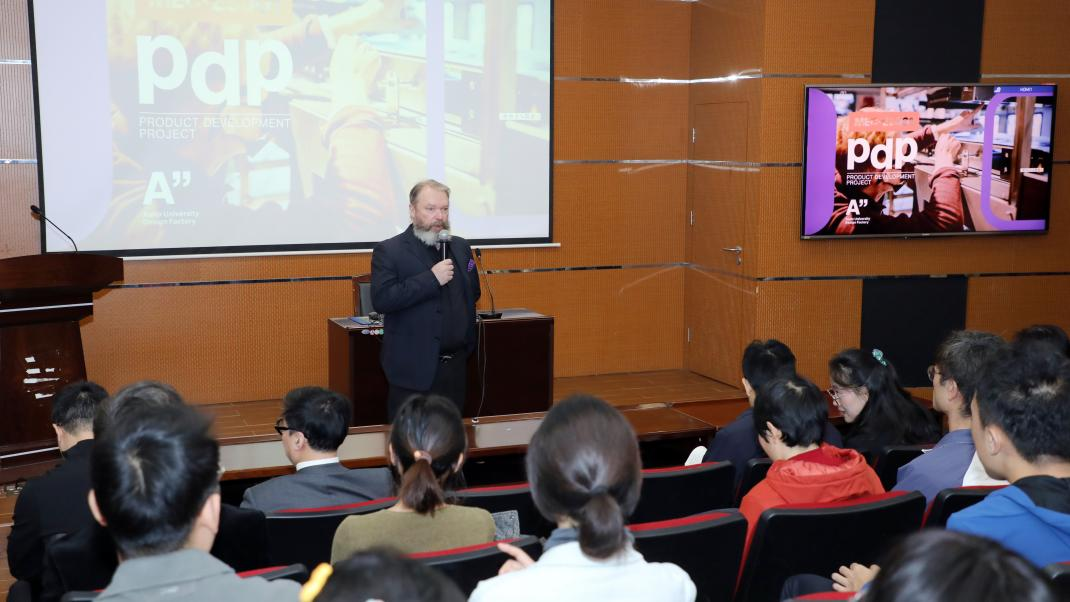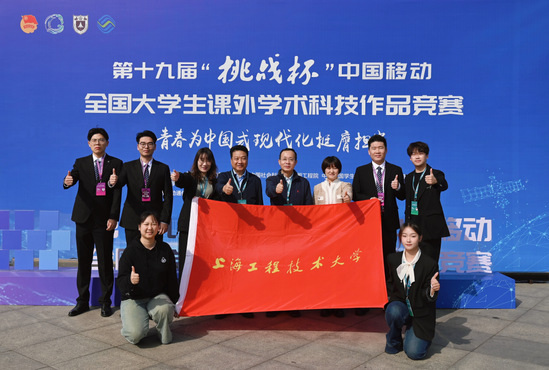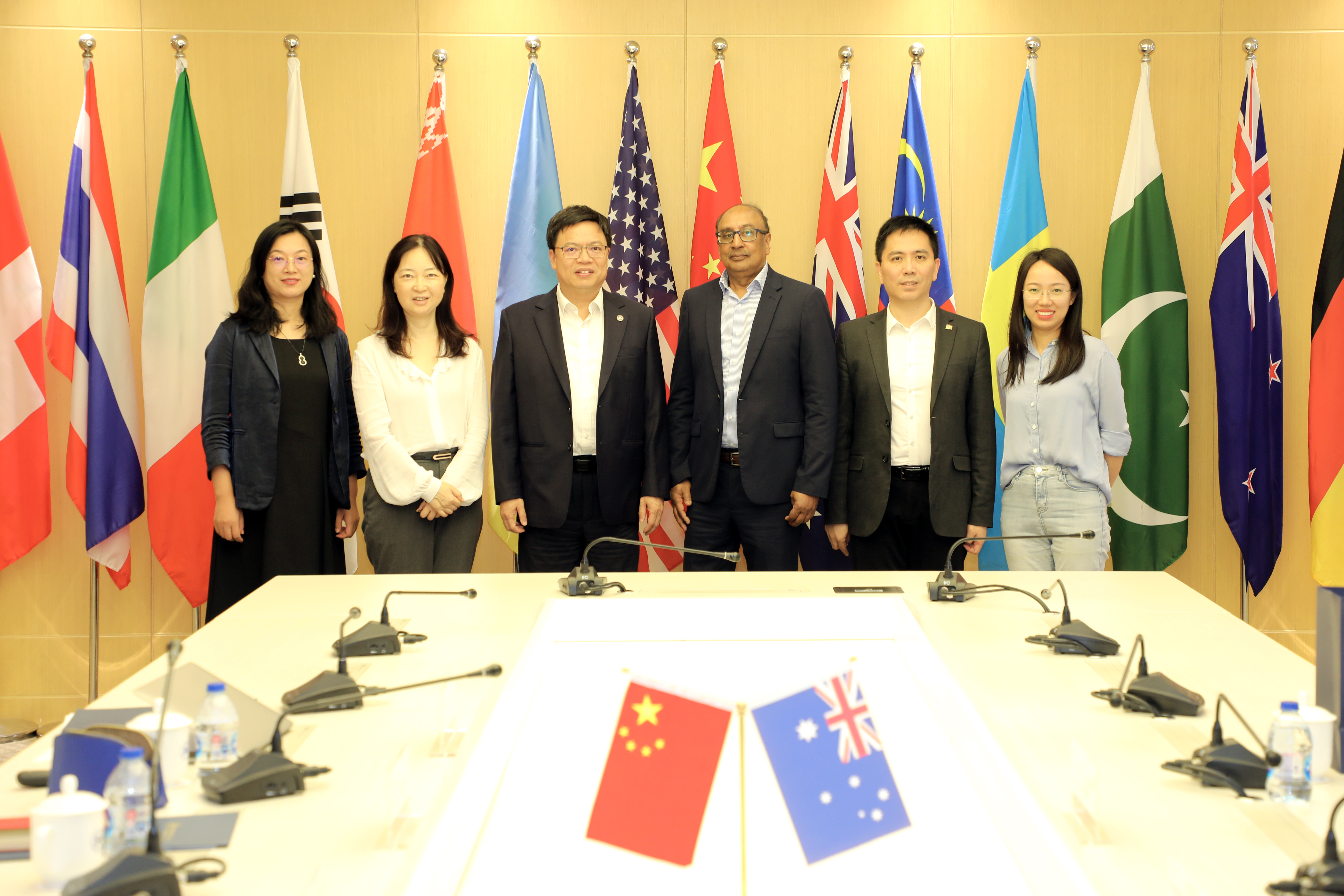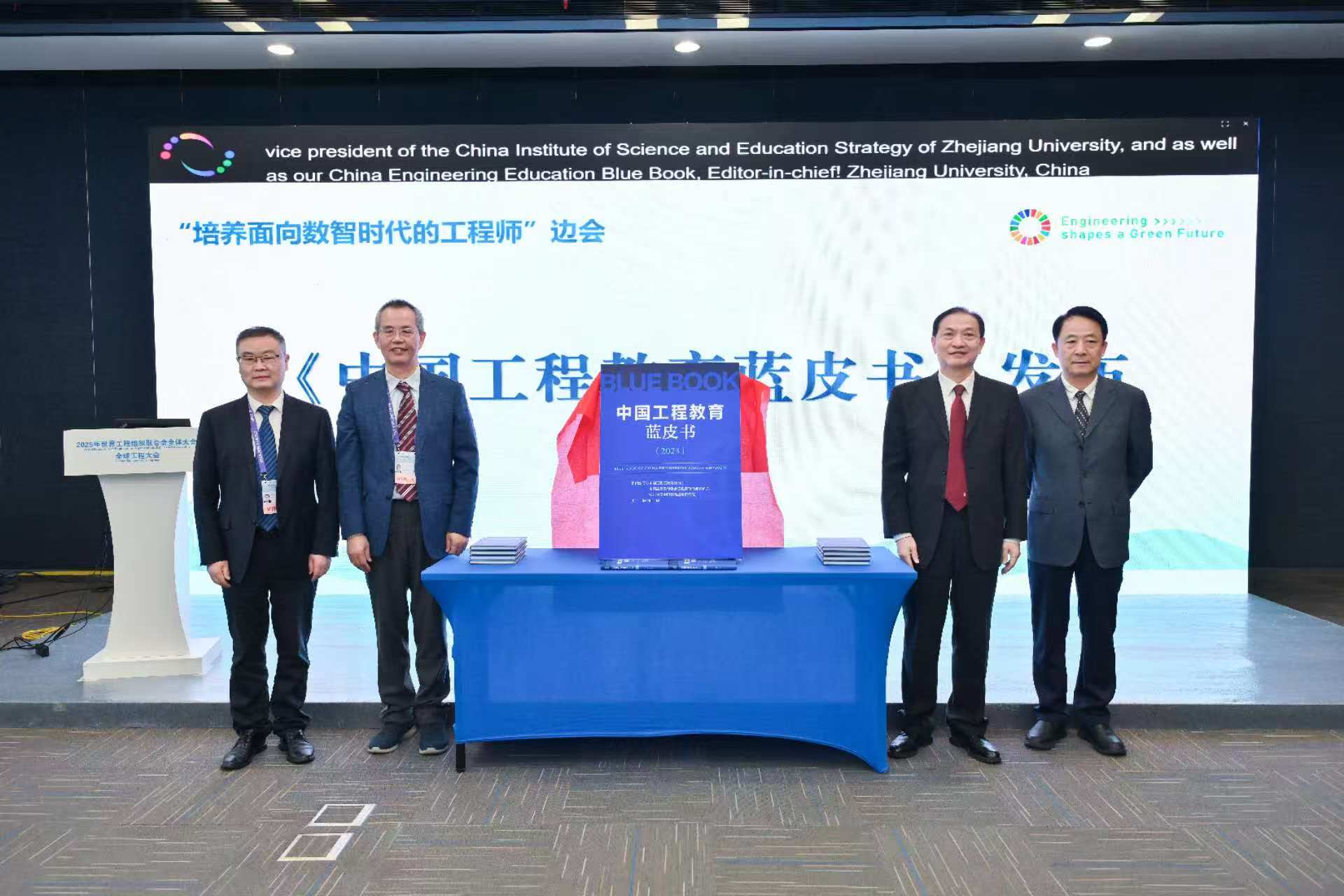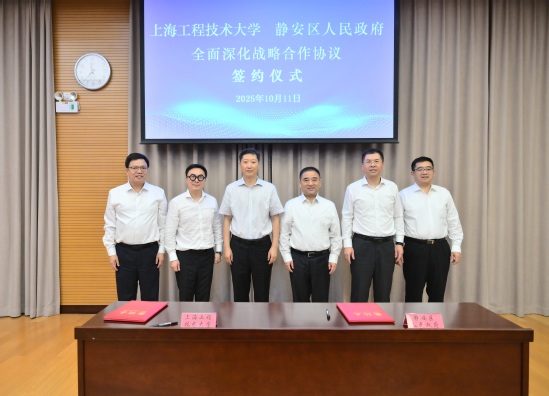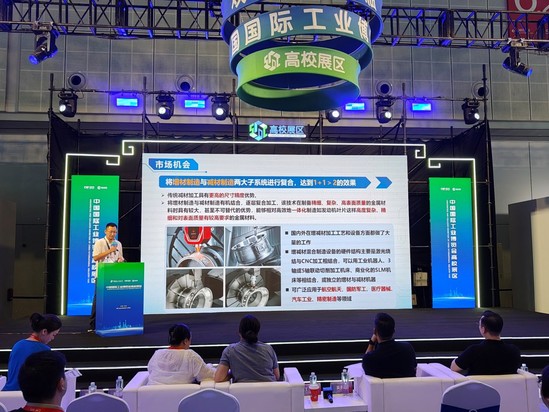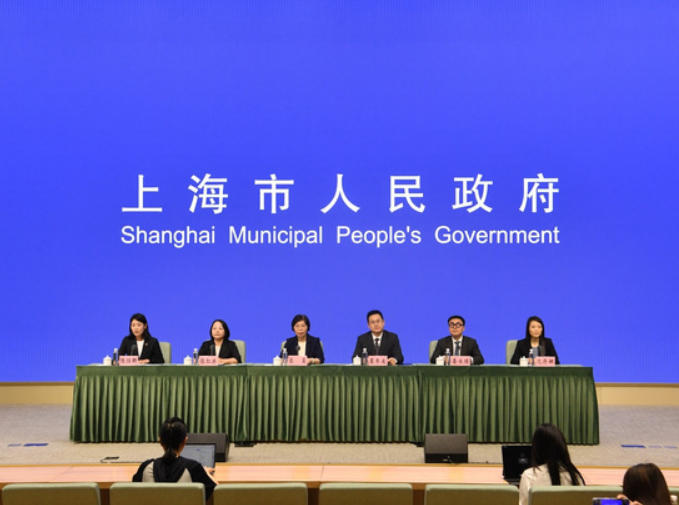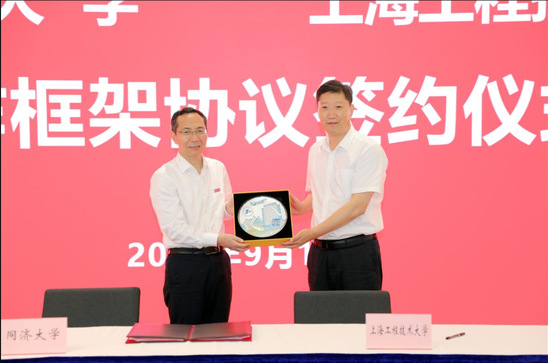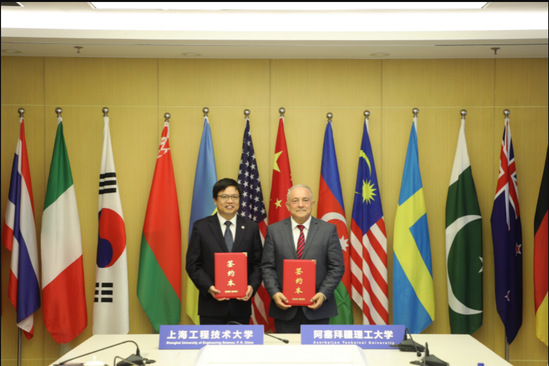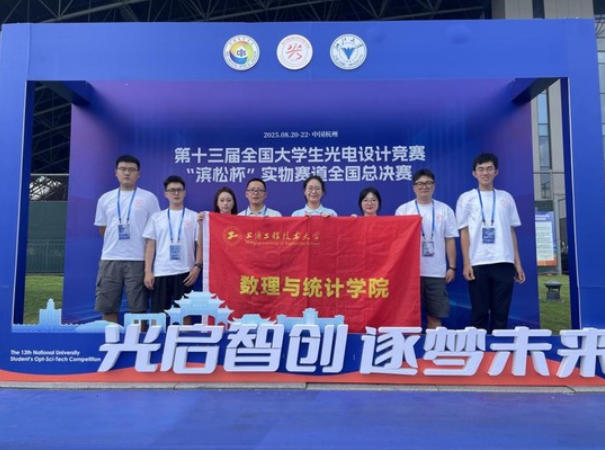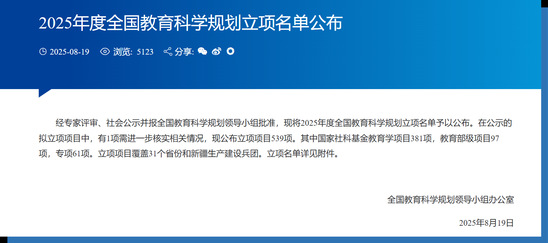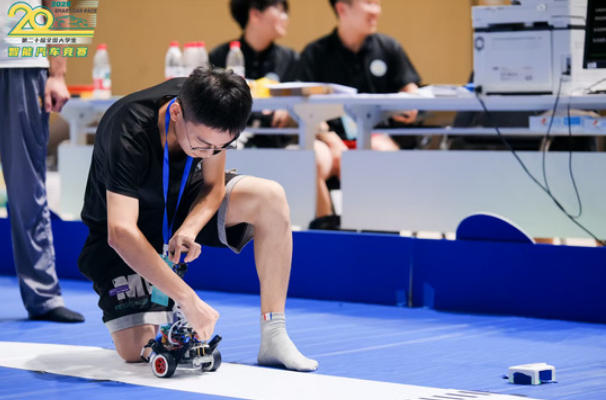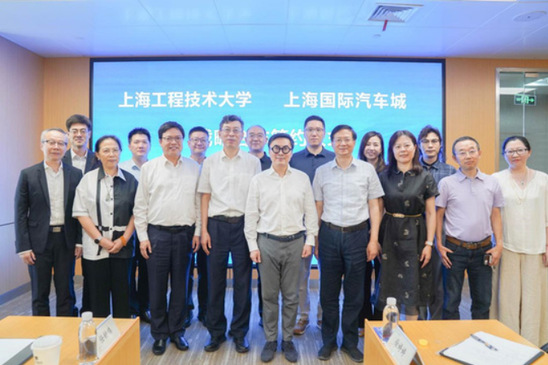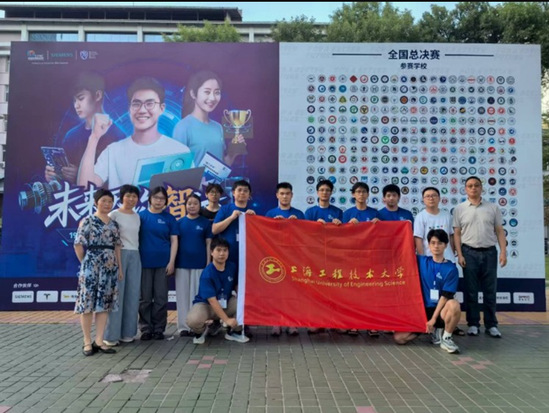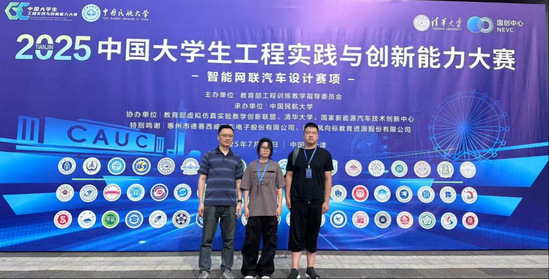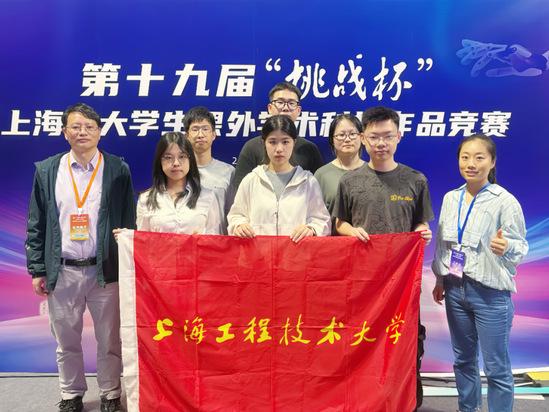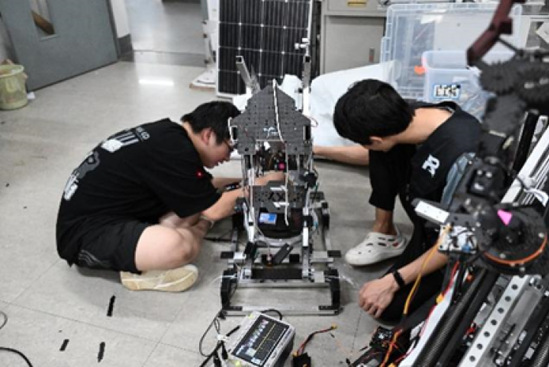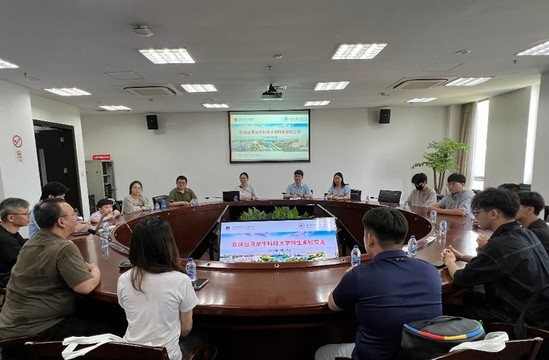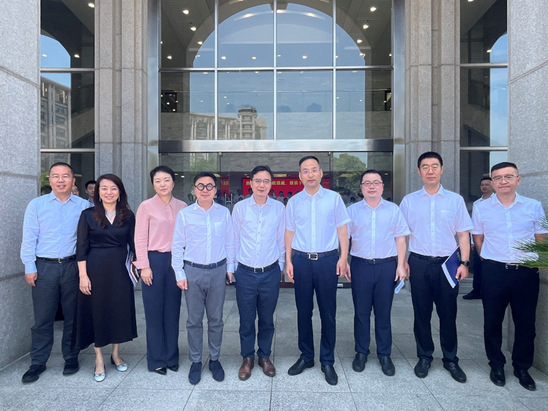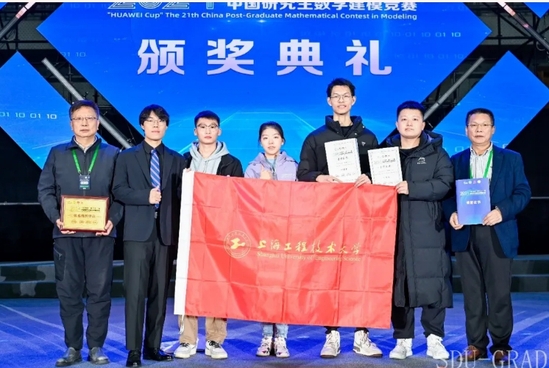
Recently, the 21st “Huawei Cup” National Post-Graduate Mathematic Contest in Modeling, guided by Department of Degree Management & Postgraduate Education of Ministry of Education, hosted by Association of Chinese Graduate Education and Children & Youth Science Center of China Association for Science and Technology, concluded at Shandong University. SUES sent 277 teams with 831 graduate students to participate in the competition. In the end, 95 teams achieved outstanding results, winning 2 first prizes, 38 second prizes, and 55 third prizes, ranking 9th nationwide. Meanwhile SUES was honored with the title of “Excellent Organization Unit”. Two teams led by Guo Gang and Ruan Jingkai, students from School of Electronic and Electrical Engineering, each won a first prize. Associate Professor Jiang Kaizhong from School of Mathematics, Physics, and Statistics was awarded the title of “Outstanding Individual” in the competition.

The competition, which began registration in June this year, attracted a total of 22,122 teams and 60,741 graduate students from 589 institutions, setting a new record for the number of participating teams. After evaluation, 242 teams were awarded first prizes (1.09% of the participants), 2,742 teams won second prizes (12.39%), and 3,927 teams received third prizes (17.75%).
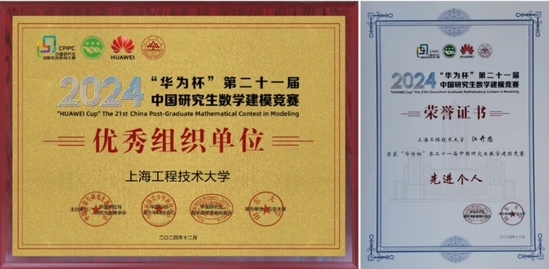
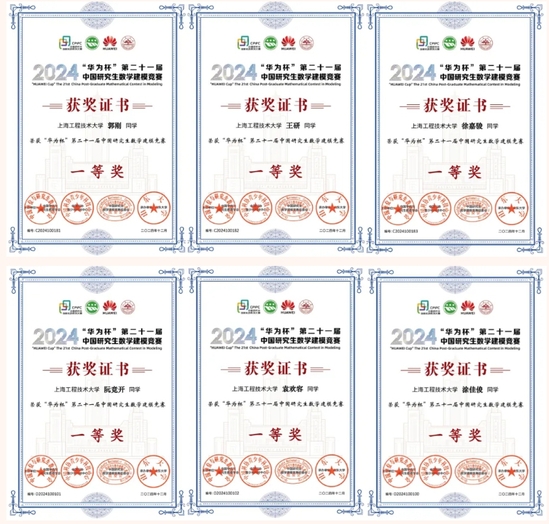
National Post-Graduate Mathematical Contest in Modeling is an academic competition aimed at graduate students, focusing on mathematical modeling and applied research. As the largest, most widely participated, and most interdisciplinary event in the series, it encourages graduate students to use modeling methods to explore practical problems, engage in academic exchanges, and cultivate team spirit. SUES attaches great importance to the development of graduate students’ scientific research and innovation abilities. While expanding the scale of participation, it ensures the quality of the competition. By fostering students’ innovation and practical abilities, SUES upholds the principles of “educating through competition, promoting teaching through competition, and driving reform through competition”. Through summarizing competition experiences and the effectiveness of student development, the University continuously innovates and contributes to the cultivation of talent in the field of science and technology.






